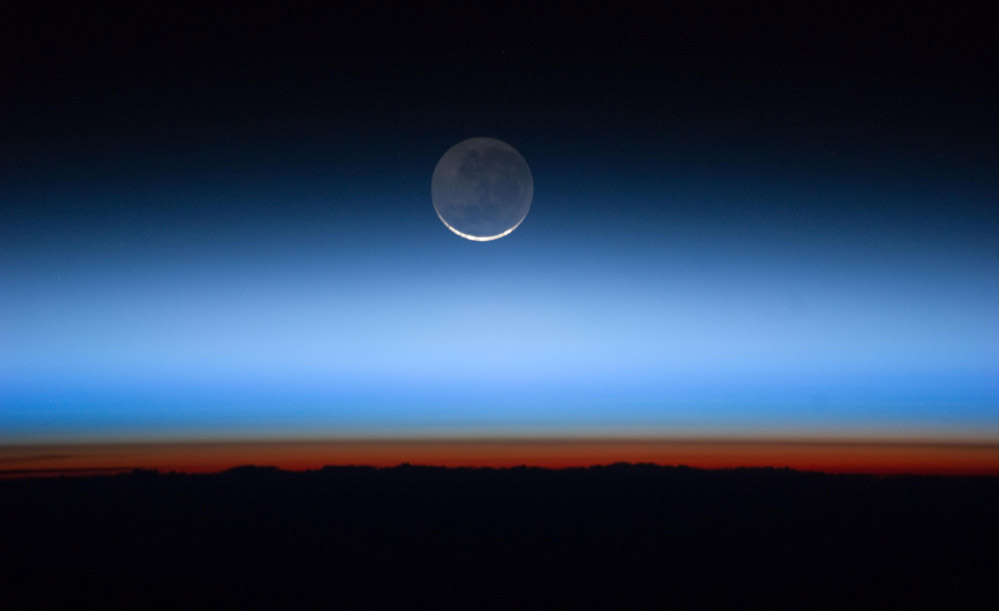Difference between revisions of "November 30, 2011"
| Line 3: | Line 3: | ||
<!-- ws:start:WikiTextHeadingRule:0:<h1> --> | <!-- ws:start:WikiTextHeadingRule:0:<h1> --> | ||
<!-- ws:start:WikiTextLocalImageRule:6:<img src="/file/view/LPOD-Nov30-11.jpg/280379678/LPOD-Nov30-11.jpg" alt="" title="" /> -->[[File:LPOD-Nov30-11.jpg|LPOD-Nov30-11.jpg]]<!-- ws:end:WikiTextLocalImageRule:6 --><br /> | <!-- ws:start:WikiTextLocalImageRule:6:<img src="/file/view/LPOD-Nov30-11.jpg/280379678/LPOD-Nov30-11.jpg" alt="" title="" /> -->[[File:LPOD-Nov30-11.jpg|LPOD-Nov30-11.jpg]]<!-- ws:end:WikiTextLocalImageRule:6 --><br /> | ||
| − | <em>Handheld image ISS028-E-020072 from International Space Station via [http://earthobservatory.nasa.gov/IOTD/view.php?id=76534&src=eoa-iotd | + | <em>Handheld image ISS028-E-020072 from International Space Station via [http://earthobservatory.nasa.gov/IOTD/view.php?id=76534&src=eoa-iotd Earth Observatory]</em><br /> |
<br /> | <br /> | ||
This view is possible only one place in the solar system - from our home planet. Looking beyond a mountainous horizon through a thick atmosphere to a large moon. No place other than Pluto has such a large satellite (compared to the primary body), but Pluto has only a transient atmosphere and we have no knowledge of its topography. Venus has a thick atmosphere, in fact so dense that a moon, which it lacks, could not be seen from the surface. Mars has trival atmosphere and moons. The jovian planets have plenty of atmospheres and moons, but no place to stand to enjoy the view. I like living on a world with so much to offer itself and with a Moon-filled sky.<br /> | This view is possible only one place in the solar system - from our home planet. Looking beyond a mountainous horizon through a thick atmosphere to a large moon. No place other than Pluto has such a large satellite (compared to the primary body), but Pluto has only a transient atmosphere and we have no knowledge of its topography. Venus has a thick atmosphere, in fact so dense that a moon, which it lacks, could not be seen from the surface. Mars has trival atmosphere and moons. The jovian planets have plenty of atmospheres and moons, but no place to stand to enjoy the view. I like living on a world with so much to offer itself and with a Moon-filled sky.<br /> | ||
<br /> | <br /> | ||
| − | <em>[mailto:tychocrater@yahoo.com | + | <em>[mailto:tychocrater@yahoo.com Chuck Wood]</em><br /> |
<br /> | <br /> | ||
<strong>Technical Details</strong><br /> | <strong>Technical Details</strong><br /> | ||
Revision as of 17:42, 11 January 2015
Unique View

Handheld image ISS028-E-020072 from International Space Station via Earth Observatory
This view is possible only one place in the solar system - from our home planet. Looking beyond a mountainous horizon through a thick atmosphere to a large moon. No place other than Pluto has such a large satellite (compared to the primary body), but Pluto has only a transient atmosphere and we have no knowledge of its topography. Venus has a thick atmosphere, in fact so dense that a moon, which it lacks, could not be seen from the surface. Mars has trival atmosphere and moons. The jovian planets have plenty of atmospheres and moons, but no place to stand to enjoy the view. I like living on a world with so much to offer itself and with a Moon-filled sky.
Chuck Wood
Technical Details
July 31, 2011. Nikon D3S digital camera using a 400 mm lens.



